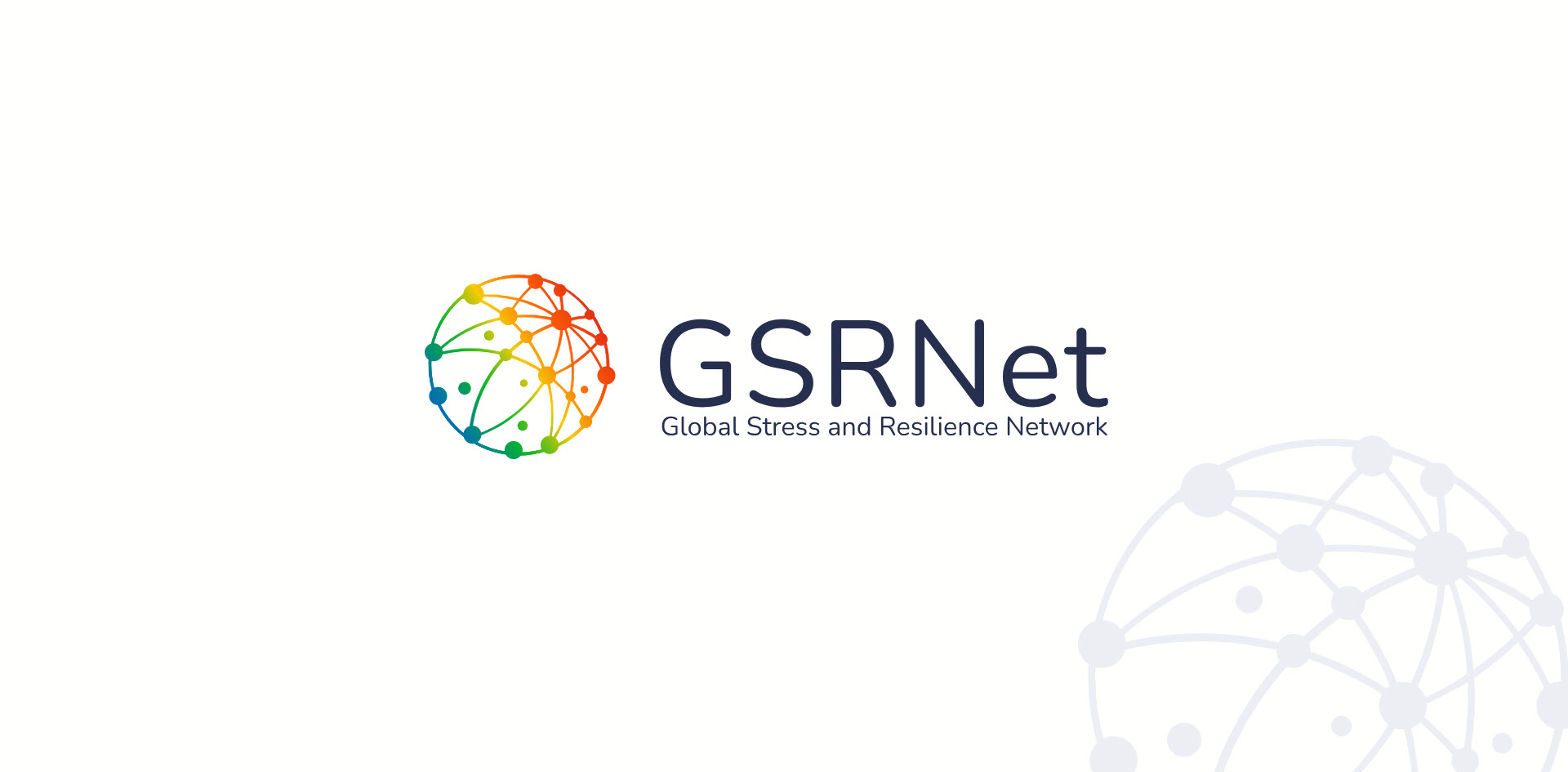The Executive and Steering Committees have collaboratively developed working definitions for the concepts of Stress and Resilience. Note that they are subject to revision based on ongoing discussions and emerging research. At present, they synthesize established definitions from existing literature (see references) and reflect the deliberations of the Executive and Steering Committee of GSRNet. The goal is to establish harmonized definitions that are applicable across disciplines and vertebrate species.
Stress
Stress is an organism’s psychological and/or physiological response to perceived internal or external challenges or demands (stressors). This response typically involves interconnected changes in physiology, emotions, cognition and behaviour, though the specific domains affected may vary depending on the context and individual. Stress serves an adaptive function by mobilising psychological and/or physiological resources to help the organism deal with stressors. However, when these resources are insufficient, or when stress becomes chronic or dysregulated, it can increase the risk of mental and physical health problems.
Stressors are internal or external events, situations, or stimuli that elicit a stress response. They can vary in intensity from mild challenges, such as daily hassles in humans, to severe threats, such as traumatic events and experiences. Stressors can also be classified based on their duration and frequency as acute, episodic, or chronic. Notably, the perception of a certain event, situation, or stimulus as a stressor is subjective and varies between individuals—what one individual perceives as a significant threat, another may find insignificant.
References:
- American Psychological Association (APA). (2023). APA Dictionary of Psychology. Retrieved from https://dictionary.apa.org
- Lazarus, R. S., & Folkman, S. (1984). Stress, appraisal, and coping. Springer.
- McEwen, B. S. (1998). Protective and damaging effects of stress mediators. New England Journal of Medicine, 338(3), 171-179. https://doi.org/10.1056/NEJM199801153380307
- National Institute of Mental Health (NIMH). (n.d.). Coping with stress. Retrieved from https://www.nimh.nih.gov
- Selye, H. (1976). The stress of life (Rev. ed.). McGraw-Hill.
Richter-Levin G, Sandi C. Title: “Labels Matter: Is it stress or is it Trauma?”. Transl Psychiatry. 2021 Jul 10;11(1):385. doi: 10.1038/s41398-021-01514-4. PMID: 34247187; PMCID: PMC8272714.
Resilience
Resilience is the outcome of maintaining or restoring mental (emotional and cognitive) and physiological health despite exposure to substantial stressors. It emerges from dynamic, adaptive processes (resilience mechanisms) and is shaped by individual traits and environmental conditions (resilience factors).
Resilience mechanisms are adaptive cognitive, behavioural, physiological, or biological processes that are activated in response to stressors to maintain or restore functionality and mental health. These mechanisms work by buffering the negative effects of exposure to stressors (e.g., through emotion regulation) or by facilitating recovery following stress (e.g., through endocrine adaptation). As inherently adaptive processes, resilience mechanisms counteract potential maladaptive effects of substantial stressors.
Resilience factors are traits or conditions that contribute to an individual’s capacity for resilience. These include biological (e.g., genetic makeup), psychological (e.g., executive functions), or environmental (e.g., social support) factors. Some resilience factors are stable (e.g., genetic makeup), while others can be modified through experience, learning, or intervention (e.g., cognitive flexibility, social support), and can therefore change across an individual’s lifespan.
References:
- American Psychological Association (APA). (2023). APA Dictionary of Psychology. Retrieved from https://dictionary.apa.org
- Kalisch, R., Baker, D. G., Basten, U., Boks, M. P., Bonanno, G. A., Brummelman, E., … & Kleim, B. (2017). The resilience framework as a strategy to combat stress-related disorders. Nature Human Behaviour, 1(11), 784-790. https://doi.org/10.1038/s41562-017-0200-8
- Kalisch R, Russo SJ, Müller MB. Neurobiology and systems biology of stress resilience. Physiol Rev. 2024 Jul 1;104(3):1205-1263. doi: 10.1152/physrev.00042.2023. Epub 2024 Mar 14. PMID: 38483288; PMCID: PMC11381009.
- Masten, A. S. (2001). Ordinary magic: Resilience processes in development. American Psychologist, 56(3), 227-238. https://doi.org/10.1037/0003-066X.56.3.227
- Southwick, S. M., Bonanno, G. A., Masten, A. S., Panter-Brick, C., & Yehuda, R. (2014). Resilience definitions, theory, and challenges: Interdisciplinary perspectives. European Journal of Psychotraumatology, 5(1), 25338. https://doi.org/10.3402/ejpt.v5.25338



